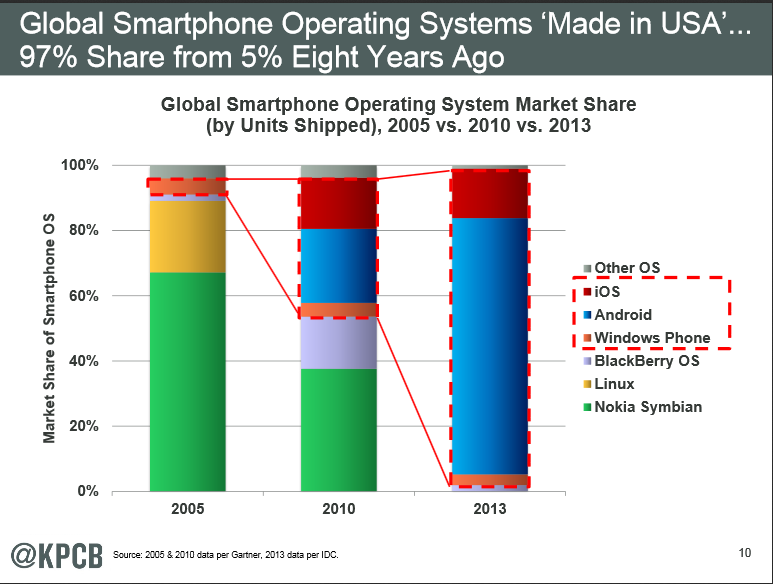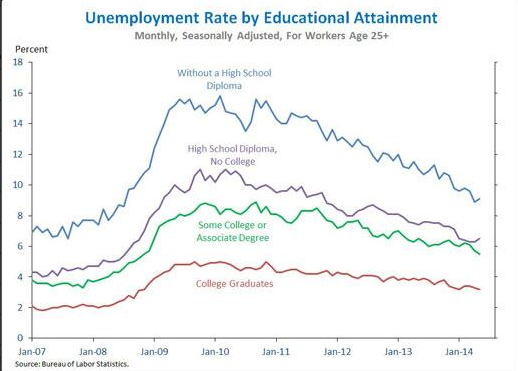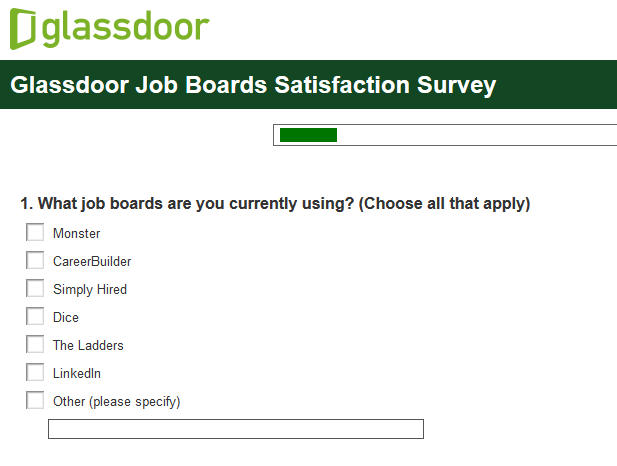Was on the phone with a friend of mine last week talking about their new job. He had all that passion you hear from folks who just start a job! Everything is new, it’s cool, it’s fun, it’s engaging. He said it’s like ‘that new car smell’, you want to be able to keep it as long as possible.
He’s right. He’s a pro, he gets it. He’s experienced enough to know the new job smell, like your car, doesn’t last forever. In fact, you probably have a one to two year window of enjoying that smell, until it becomes the grind. That’s the challenge, right? How do you keep that New Job Smell as long as possible?
It got me to thinking about how to extend the new job smell. I to have been victim of a job losing the great new car smell. Here are some ideas for extending the great feeling of a new job:
1. Connect with people, frequently, from outside your company. Why? Because the grass isn’t greener, but you wouldn’t know that because you never talk with people who are on that grass! When you’re out with people from other companies, what you realize quickly is it’s basically all the same. We are all grinding. It makes your job smell a little better when you return.
2. Connect to your industry. I took a job once and immediately knew it was a wrong decision. The culture suffocated me! But, I had payments, I had kids, I had a career to protect, so I grinded it out. How? I threw myself into HR. I started writing. I started volunteering in my profession. I connected more. I got engaged more than ever, in a job I knew wasn’t the best fit. I brought my new car smell can of air freshener with me to work each day!
3. Get involved with the business. HR job started losing it’s new smell? Go out and get involved in the actual business of what you do. If you make widgets, find out how those are made. Work with your operators. When I worked for Applebees, 90% of what I did was HR related. The other 10%? I washed dishes during lunch rush hours, I made Pico De Gallo, I learned how to mix drinks (okay, I already knew how to do that but it was fun!), I learned how to do training, I helped develop sales and marketing campaigns, etc. Operations has many pain points. Uncover those and help fix them.
It doesn’t happen with every job, but most jobs come with that new job smell. It’s completely natural for all of us to have an internal clock of when that job begins to smell old. For some people it’s two years, some five, heck, for some it’s twenty-five! The key is understanding that’s what it is. It’s not the job, it’s you. No, you don’t smell, it’s you believing the job now sucks, when it’s probably just the same as the first day you stepped into your now junked up office.
Figure it out. Clean it up. Another new job isn’t going to solve this problem.



